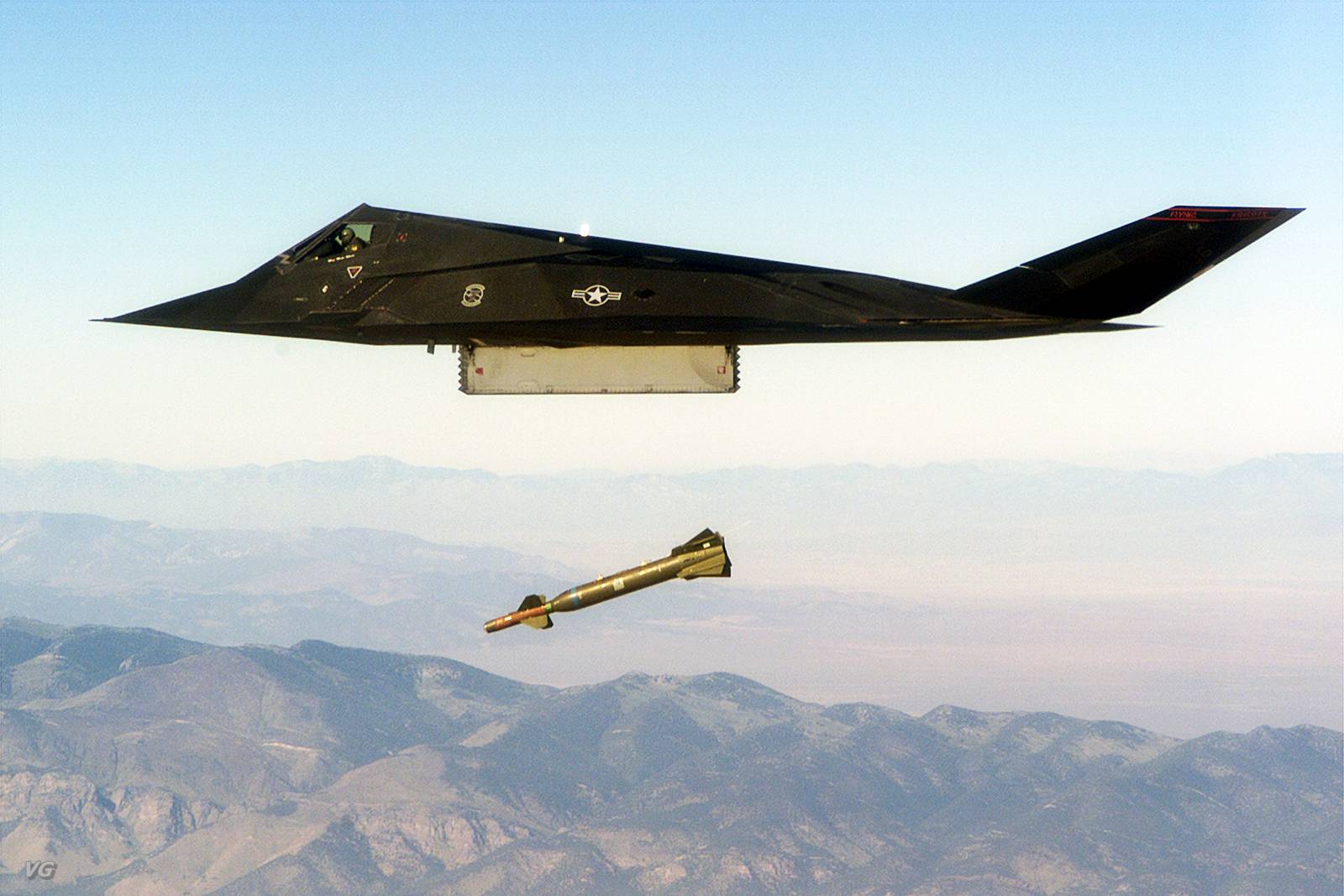
Introduction
The geopolitical landscape of the Middle East has once again been thrust into turmoil following the recent announcement by the United States of targeted military strikes against Iran’s nuclear facilities. This bold move has sparked a wave of international reactions, ranging from strong support to vehement condemnation. The Biden administration has framed the operation as a “necessary measure” to curb Iran’s advancing nuclear program, which it claims poses a direct threat to global security. However, Tehran has denounced the attack as an act of aggression, vowing retaliation and further destabilizing an already volatile region.
This article delves into the motivations behind the U.S. decision, the potential consequences for Middle Eastern stability, and the broader implications for global nuclear non-proliferation efforts.
Background: Iran’s Nuclear Program and U.S. Concerns
Iran’s nuclear ambitions have long been a point of contention between Tehran and Western powers. Despite the 2015 Joint Comprehensive Plan of Action (JCPOA), which sought to limit Iran’s uranium enrichment in exchange for sanctions relief, tensions resurged after the U.S. withdrawal from the deal in 2018 under the Trump administration. Since then, Iran has gradually ramped up its nuclear activities, enriching uranium to near-weapons-grade levels and restricting international inspections.
U.S. intelligence agencies have repeatedly warned that Iran could be moving toward developing a nuclear weapon—a red line for Washington and its allies, particularly Israel. The recent discovery of undisclosed nuclear sites and the International Atomic Energy Agency’s (IAEA) reports on Iran’s lack of transparency have only heightened these concerns.
The U.S. Decision to Strike: Justification and Strategy
The Biden administration’s decision to launch military strikes did not come out of nowhere. Reports suggest that diplomatic efforts, including backchannel negotiations and pressure through economic sanctions, had failed to slow Iran’s nuclear progress. U.S. officials have cited “imminent threats” as a key justification, a rationale reminiscent of past military interventions.
The operation reportedly involved precision airstrikes targeting key facilities, including the Natanz enrichment plant and the Fordow underground site. The Pentagon emphasized that the strikes were carefully calibrated to minimize civilian casualties while degrading Iran’s nuclear capabilities.
Key arguments from the U.S. perspective include:
- Preventing Nuclear Proliferation: Allowing Iran to acquire a nuclear weapon could trigger a regional arms race, with Saudi Arabia, Turkey, and others potentially seeking their own arsenals.
- Deterring Regional Aggression: Iran’s support for proxy groups (such as Hezbollah and Hamas) and its ballistic missile program have long been seen as destabilizing forces.
- Protecting Allies: Israel, which has conducted its own covert operations against Iran’s nuclear program, has consistently pushed for stronger U.S. action.
Iran’s Response and Threats of Escalation
Unsurprisingly, Iran has reacted with fury. Supreme Leader Ayatollah Ali Khamenei condemned the attack as a “criminal act” and promised “severe revenge.” Iranian state media has already begun rallying public sentiment, framing the U.S. as an imperialist aggressor.
More concerning is the potential for retaliatory measures, which could include:
- Asymmetric Warfare: Iran may leverage its proxy networks to attack U.S. interests in Iraq, Syria, or through maritime strikes in the Persian Gulf.
- Cyberattacks: Iranian hackers have previously targeted U.S. infrastructure, and a major cyber offensive could follow.
- Accelerated Nuclear Activities: In defiance, Iran might openly pursue weaponization, abandoning all pretense of civilian nuclear energy.
Global Reactions: Divided Opinions
The international response has been sharply split:
- Supporters: Israel, Saudi Arabia, and Gulf states have quietly applauded the move, seeing it as a necessary check on Iran.
- Critics: Russia, China, and several European nations have condemned the strikes, warning of further instability. The UN Secretary-General has called for restraint and a return to diplomacy.
- Domestic U.S. Politics: While hawks in Congress have praised Biden’s decisiveness, progressive lawmakers argue that military action only deepens conflict and risks another endless war.
Broader Implications for Global Security
Beyond the immediate fallout, this escalation raises critical questions:
- Does Military Action Solve the Nuclear Dilemma?
- History shows that strikes (like Israel’s 1981 bombing of Iraq’s Osirak reactor) can delay programs but rarely eliminate them entirely.
- The risk of Iran rebuilding in even more covert locations remains high.
- Impact on Nuclear Diplomacy
- Future negotiations will be even harder, as trust between Tehran and Washington erodes further.
- Other nations (like North Korea) may see this as a sign that diplomacy is futile, pushing them toward faster weapons development.
- Regional War Risks
- If Iran retaliates forcefully, the U.S. could be drawn into a broader conflict, with Israel potentially launching its own strikes.
Conclusion: A Dangerous New Chapter
The U.S. strikes on Iran’s nuclear facilities mark a dangerous escalation in a decades-long standoff. While the Biden administration may see this as a last-resort measure to prevent a nuclear-armed Iran, the long-term consequences could be dire. Without a clear diplomatic off-ramp, the region risks spiraling into open conflict, with global repercussions.
The world now watches to see whether this move will force Iran back to negotiations—or ignite a wider war.